Settling in for the long pandemic
Life won't be back to "normal" anytime soon

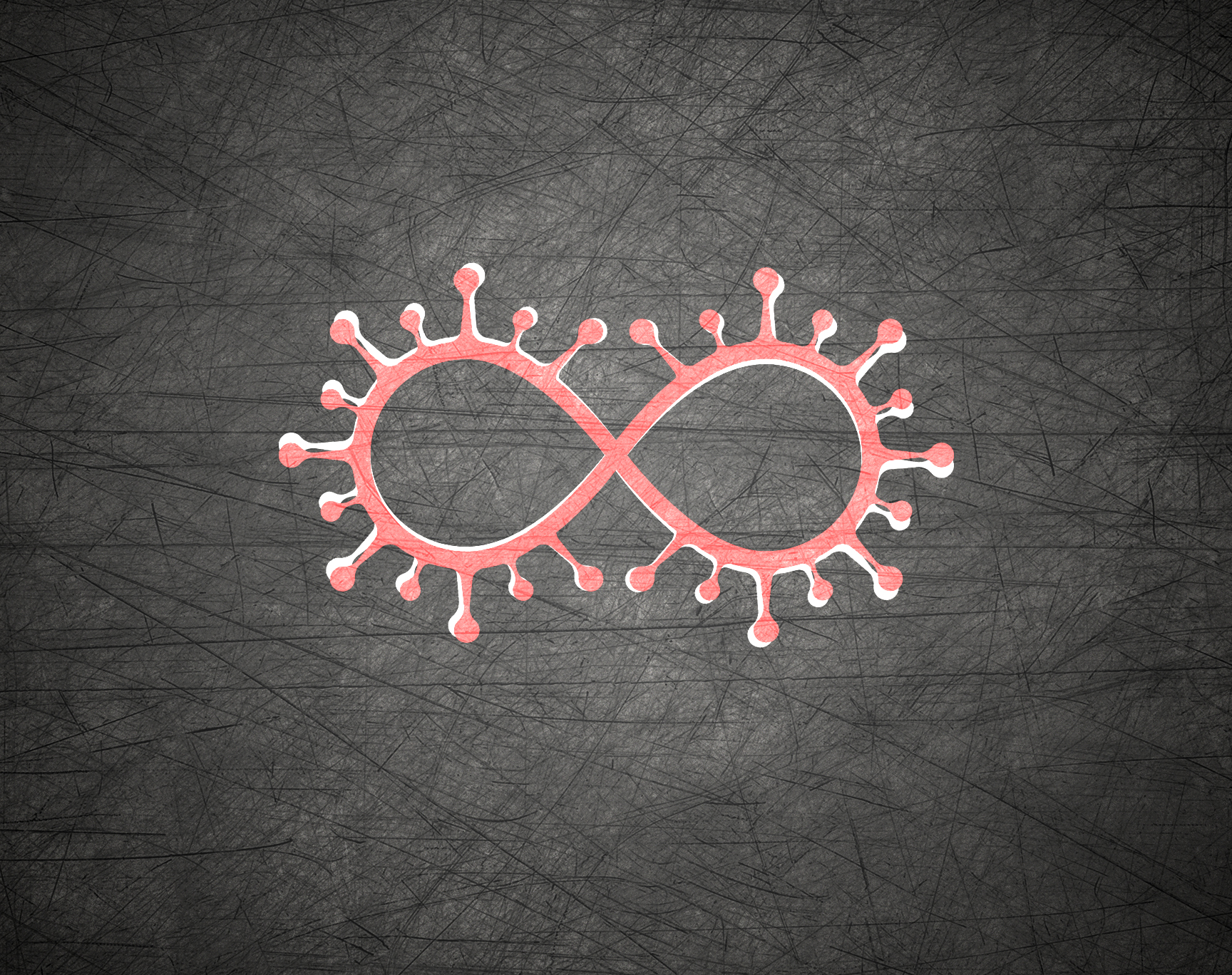
A free daily email with the biggest news stories of the day – and the best features from TheWeek.com
You are now subscribed
Your newsletter sign-up was successful
I wouldn't call it a breaking point, necessarily, but it feels like we've reached a moment in the pandemic when things are starting to change. There's been a shift, a dawning that normal isn't just going to come back. That things will not simply get better anytime soon.
While rationally it's been clear for quite some time that life won't fully resume until we have a vaccine, there'd still been some wiggle room to play games with yourself: by Memorial Day, by the Fourth, by September, by Election Day it might be different. Confronted now as we are, though, with the onset of the second half of the year, and no significant progress having been made toward mitigating the threat of the virus, many of us are having to come to terms, for the first time, with the looming pandemic long-haul.
In the early days of the outbreak, due to the sheer uncertainty of what was coming, it was easy to feel somewhat optimistic. Major League Baseball initially postponed Opening Day by only two weeks; Disney's live-action Mulan was delayed from a late March premiere to what at the time seemed to be an overly-cautious date of July 24, 2020. After what felt like the worst of the pandemic, in April and May, you could convince yourself the spread was starting to get under control; cases were going down, anyway, and lockdowns were being lifted. States moved ahead with reopenings, only for the disease to flare back up again, as experts had warned it would all along. Now, as the government ghoulishly prioritizes the economy over American lives, our grasps at versions of "normalcy" (you can get a haircut!) are desperate at best. It isn't that optimism is being replaced by pessimism so much as it is that ignorance is being replaced by a new informedness.
The Week
Escape your echo chamber. Get the facts behind the news, plus analysis from multiple perspectives.

Sign up for The Week's Free Newsletters
From our morning news briefing to a weekly Good News Newsletter, get the best of The Week delivered directly to your inbox.
From our morning news briefing to a weekly Good News Newsletter, get the best of The Week delivered directly to your inbox.
Still, it's one thing to understand that normal life isn't going to be back by, say, September, and another thing to actually come to terms with that fact. For many, the past few weeks have involved grappling with such a shift not so much logically as emotionally. Personally, it's been fall event cancelations that have really hammered this home; while I knew there couldn't safely be a New York City Marathon this November, for example, it's still a blow to actually hear that the city is now in the phase of preparing for what will by then be month nine of the pandemic. Additionally, it's rattling to have nothing to look forward to in the near-future, to know indoor concerts won't soon resume safely, much less if it is realistic to plan an international trip anytime in the next 18 months.
Discussions in the news this week about how to handle the fall school semester have also reinforced the realization that we are still very much in the thick of the pandemic. A number of major universities have said they will not be back on campus by September, something that would have been unthinkable back in early March. Likewise, New York City — the largest school district in the U.S. — has confirmed that students will not be returning to in-person class five days a week in the fall. That life will remain suspended for thousands, if not eventually millions, of students, seems the biggest indicator so far of our indefinite limbo.
Then again, maybe it's the little things that have added up for you: the way that you might be drinking a margarita outdoors at your local bar through a straw stuck up in your mask, surrounded by groups carefully spaced six-feet apart, and realize how such a dystopic scene at some point became mundane. Or maybe it'll be the way you greet a friend you haven't seen since quarantine began, with the initial awkwardness of not knowing how comfortable the other is about physical touch and proximity. Or maybe it's the way it has already become intuitive to grab a pair of gloves before opening the door for a delivery, or the way a commute involves the grim relief that traffic is better now that everyone works from home. All this being normal just shows how far the old normal is still from coming back.
For me, strangest of all has been my dawning realization that December 31 — the latest benchmark I'd unconsciously picked to stake my hopes upon — doesn't mean any more than Memorial Day or Labor Day had at one point. Just because experts can all but assure "we will not reach pre-corona life" this year doesn't mean that magically things will be like they were on January 1, 2020 by January 1, 2021. By one estimate "the U.S. won't return to its pre-COVID-19 normal until August 2021"; by another, it won't be until "2022." In actuality, no one can really have any idea when normal will resume, or what it will even look like when it does.
A free daily email with the biggest news stories of the day – and the best features from TheWeek.com
What is certain, though, is we're not talking about only six more weeks or even six more months. For many, July has been when that realization has emotionally sunk in; that it's useless to project ahead in the short term, and less maddening to accept that life is going to be different for a while yet. Ultimately, though, this shouldn't mean our resignation. If anything, it should stoke our determination — that we have far to go, but we approach it as a collective. That we're buckling up for the long-haul, yes, but even the lengthiest journeys eventually have an end.
Jeva Lange was the executive editor at TheWeek.com. She formerly served as The Week's deputy editor and culture critic. She is also a contributor to Screen Slate, and her writing has appeared in The New York Daily News, The Awl, Vice, and Gothamist, among other publications. Jeva lives in New York City. Follow her on Twitter.
-
 How the FCC’s ‘equal time’ rule works
How the FCC’s ‘equal time’ rule worksIn the Spotlight The law is at the heart of the Colbert-CBS conflict
-
 What is the endgame in the DHS shutdown?
What is the endgame in the DHS shutdown?Today’s Big Question Democrats want to rein in ICE’s immigration crackdown
-
 ‘Poor time management isn’t just an inconvenience’
‘Poor time management isn’t just an inconvenience’Instant Opinion Opinion, comment and editorials of the day
-
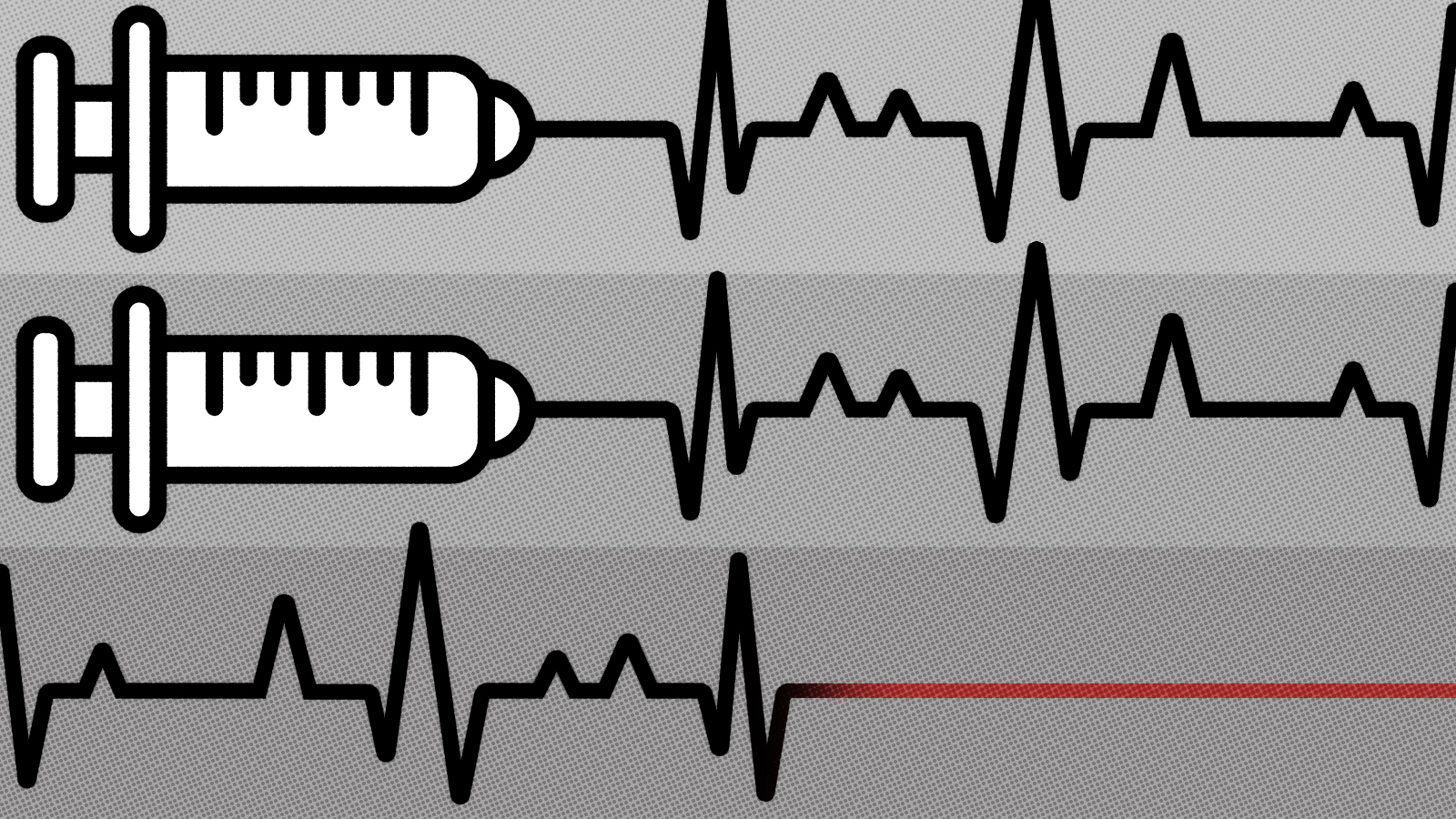 Do unvaccinated COVID patients deserve scarce care? A doctor weighs in.
Do unvaccinated COVID patients deserve scarce care? A doctor weighs in.The Explainer Justice, judgment, and the last ICU bed
-
 How to vaccinate the anti-vaxxers
How to vaccinate the anti-vaxxersThe Explainer Instead of blaming people for not doing the right thing, let's focus on eliminating the obstacles to vaccination that still remain
-
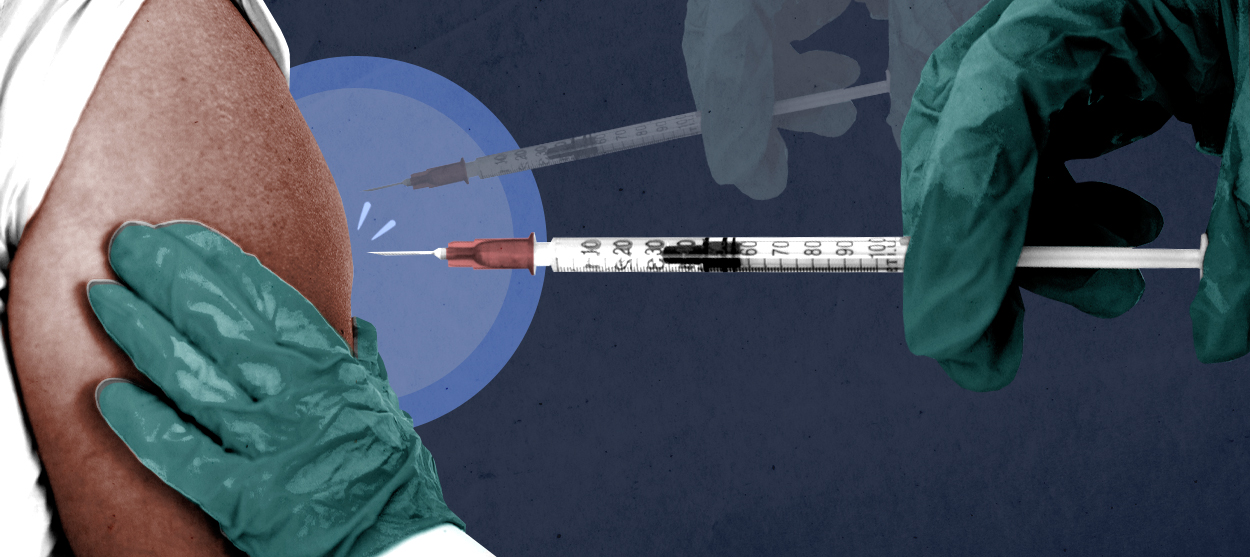 The U.S. could double its COVID-19 vaccine availability overnight. What's the holdup?
The U.S. could double its COVID-19 vaccine availability overnight. What's the holdup?The Explainer How the FDA could approve a more efficient vaccine rollout
-
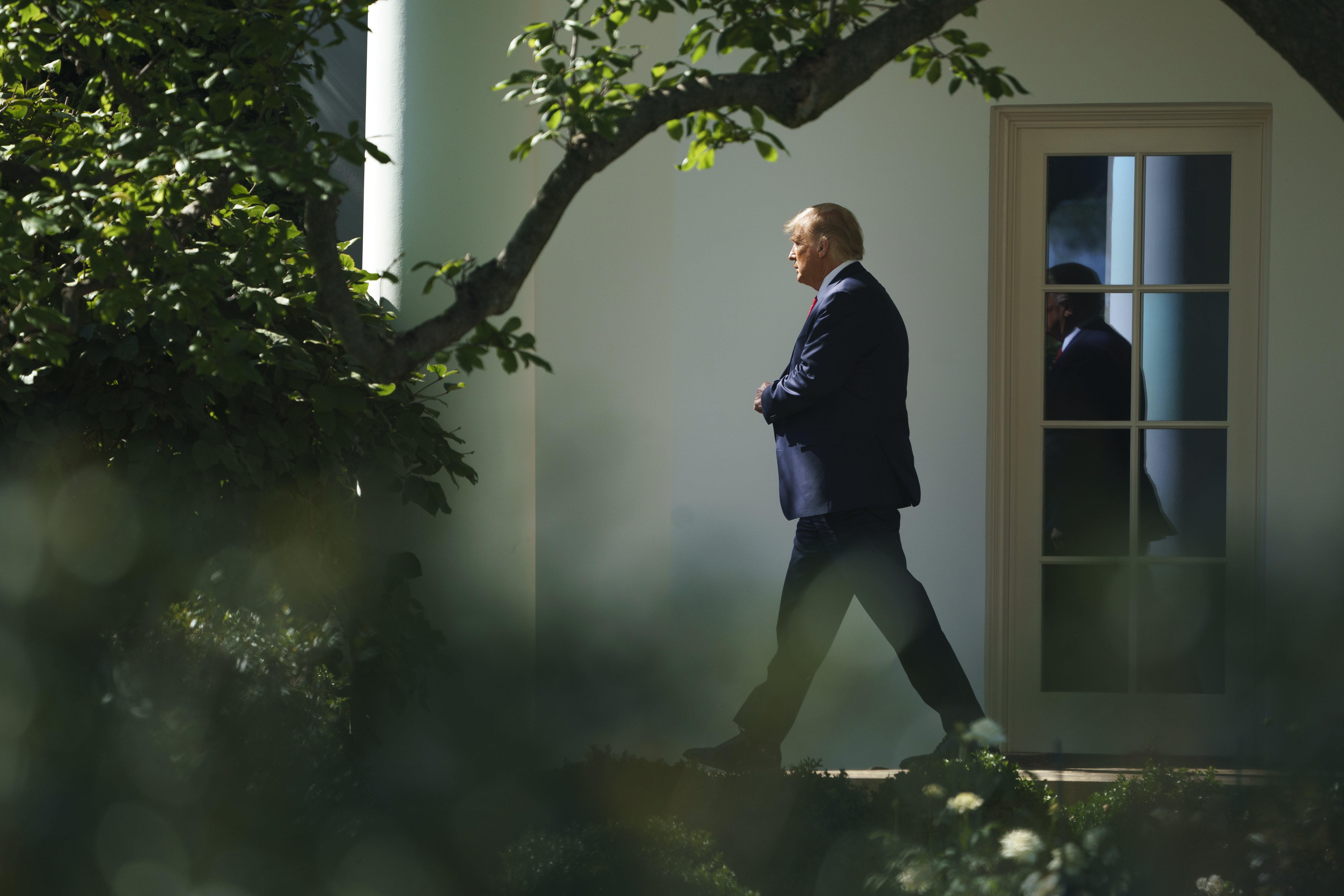 The October Surprise nobody wanted
The October Surprise nobody wantedThe Explainer Trump has COVID-19. Really, 2020?
-
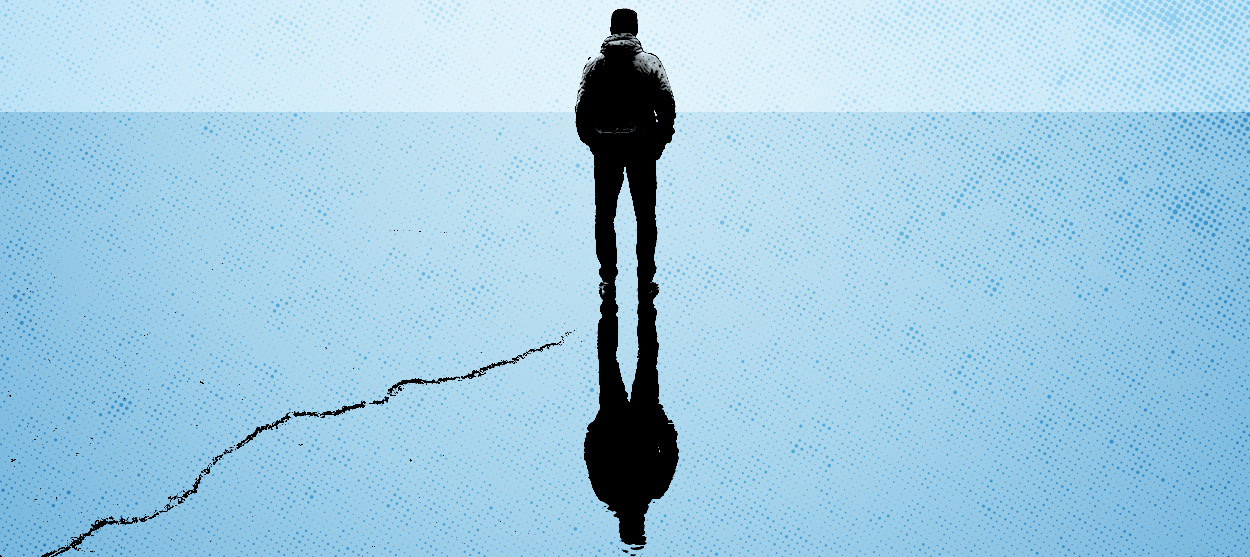 Life is worth living
Life is worth livingThe Explainer What's driving America's rising suicide rate?
-
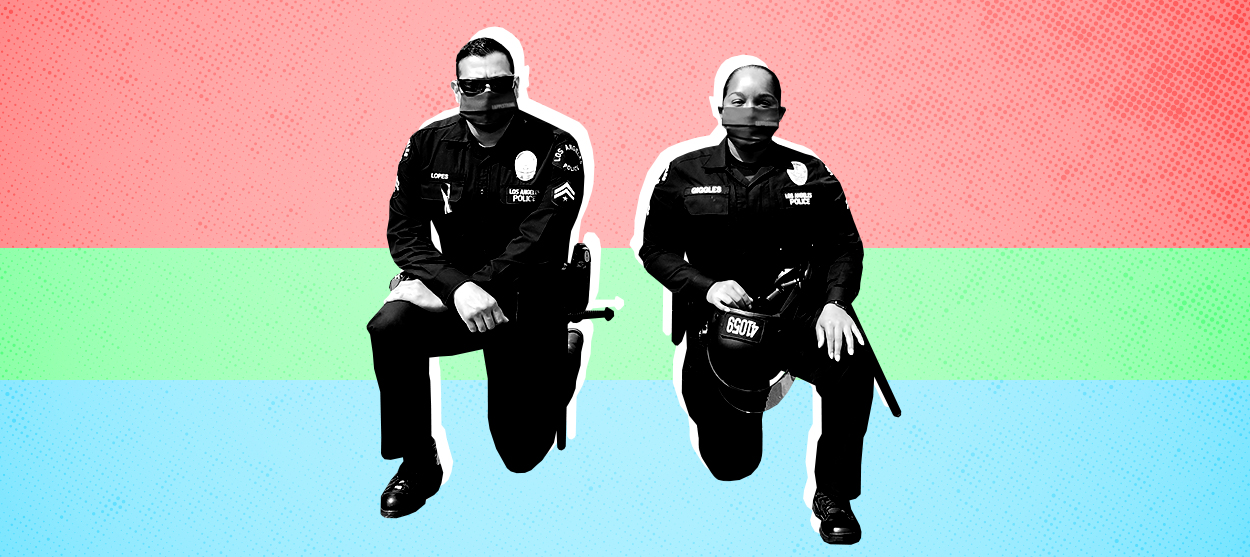 Social workers are masters at de-escalation. Here's what the police can learn from them.
Social workers are masters at de-escalation. Here's what the police can learn from them.The Explainer Knowing how to peacefully resolve conflict, rather than exacerbate it, can save lives
-
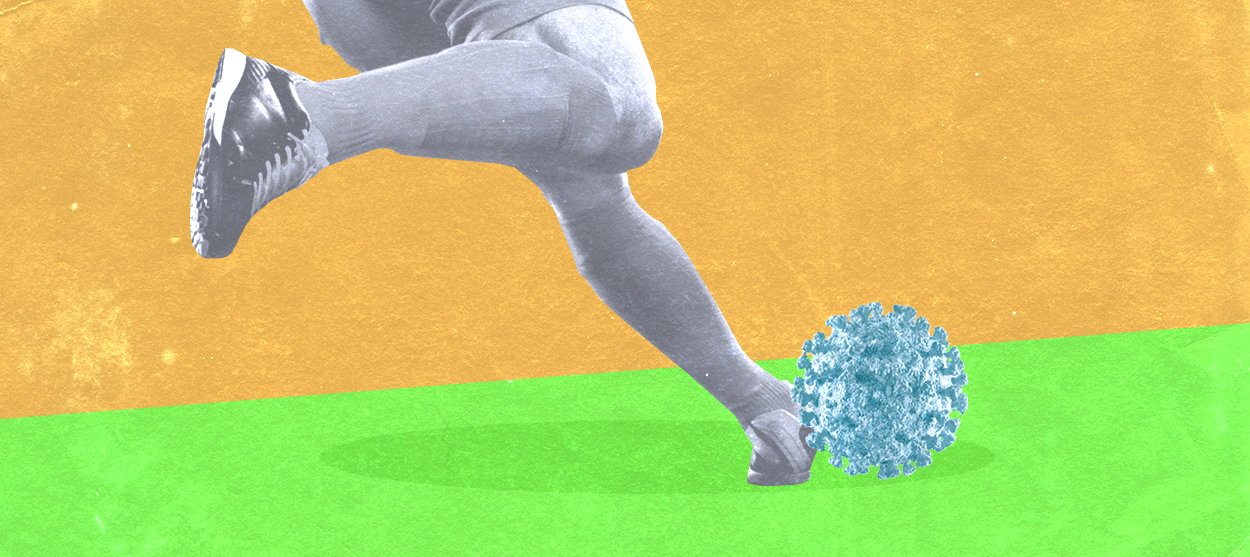 Sports reveal how much America is trailing the rest of the world
Sports reveal how much America is trailing the rest of the worldThe Explainer MLS and other American leagues are stumbling through their pandemic restart plans
-
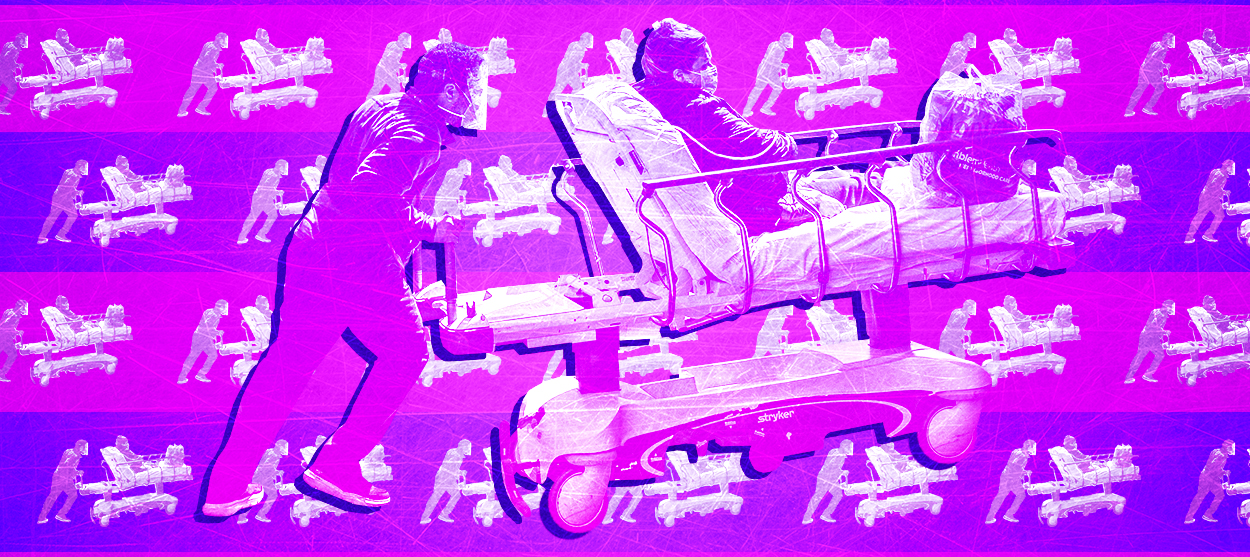 Nobody knows how bad this coronavirus surge is
Nobody knows how bad this coronavirus surge isThe Explainer To make good policy, we need to know what's actually happening
